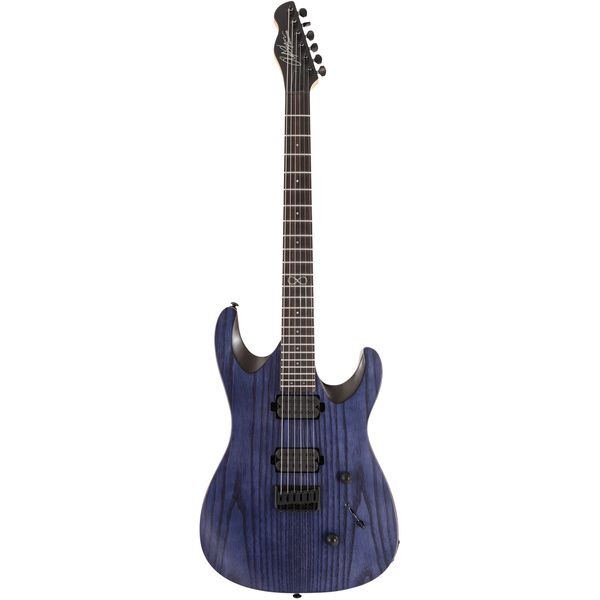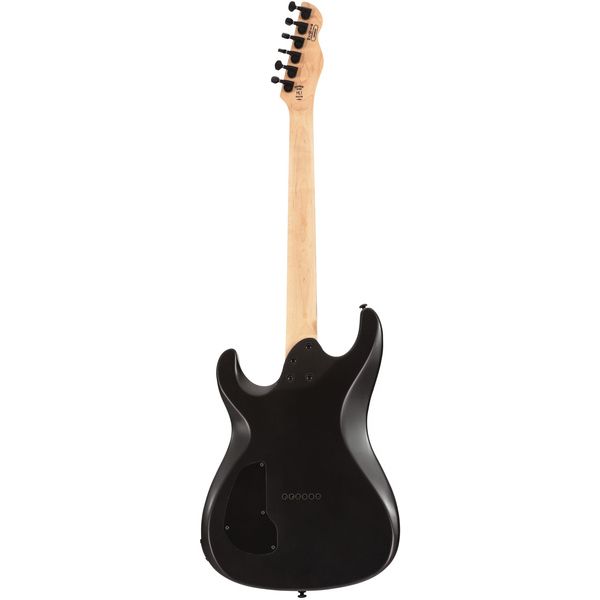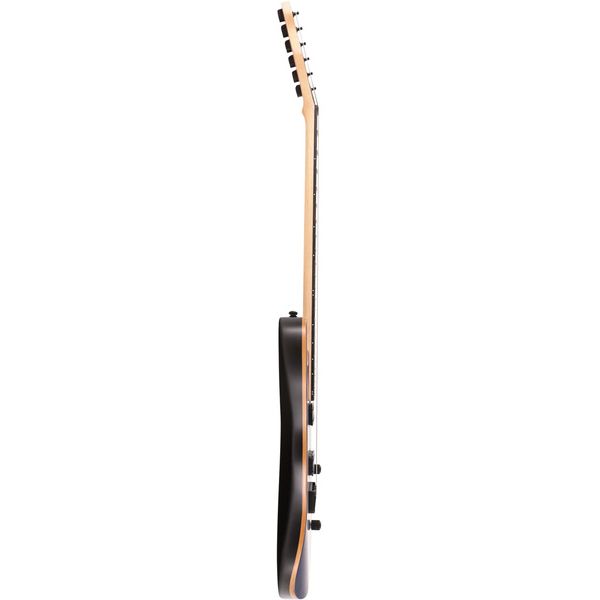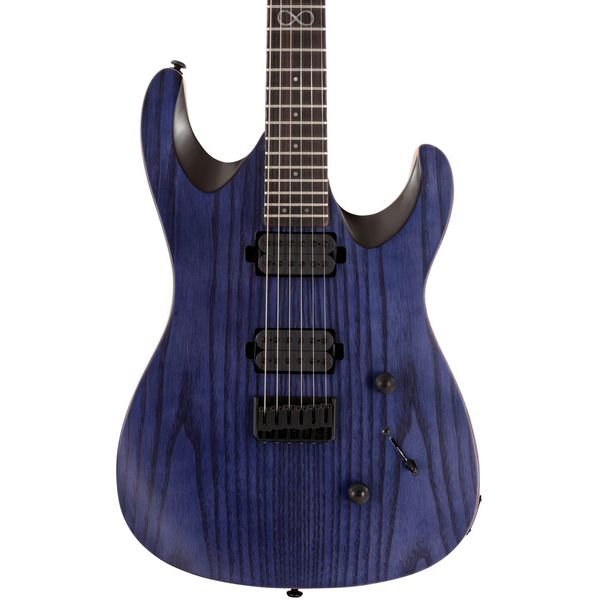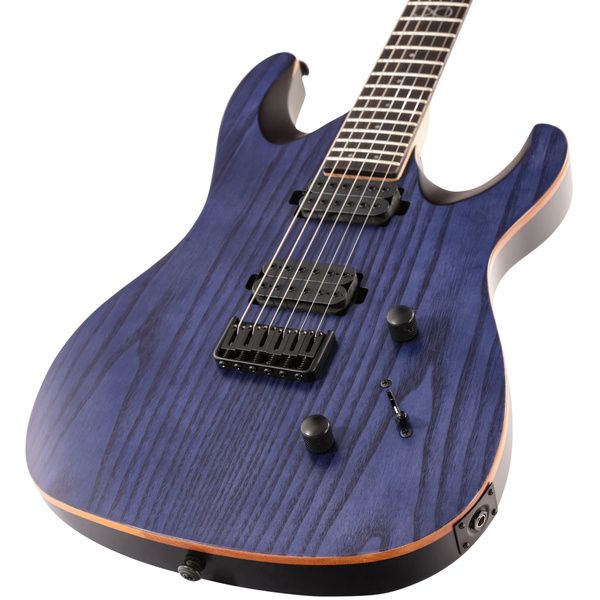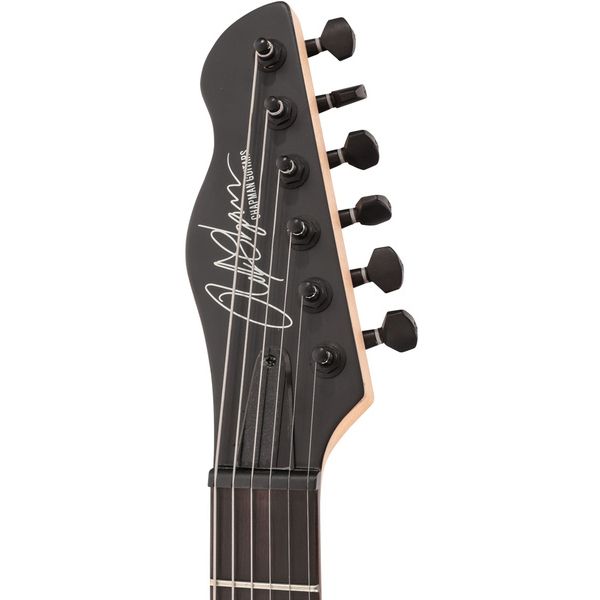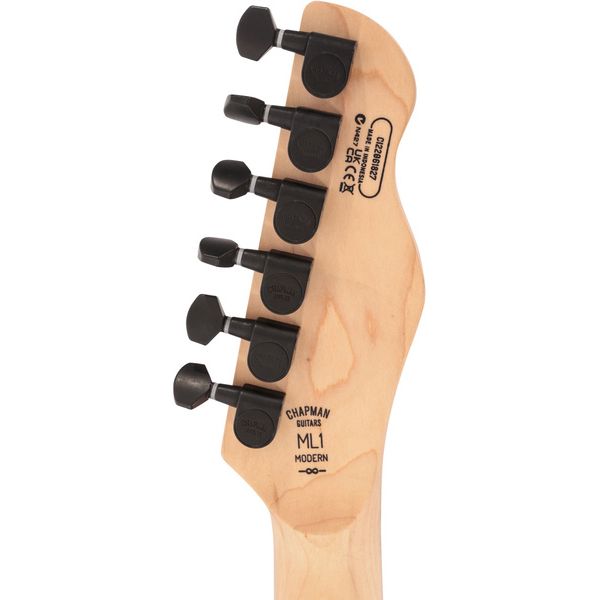Chapman Guitars ML1 Modern Deep Blue
Le caratteristiche della chitarra Chapman Guitars :
In catalogo dal Novembre 2022
Numero di articolo 532171
Unitá incluse 1 Pezzo
Colour Blue
Body Basswood
Top Ash
Neck Maple
Fretboard Ebony
Frets 24
Scale 648 mm
Pickups HH
Tremolo
incl. Bag No
incl. Case No
Come trovare la tua chitarra elettrica? (Chapman Guitars ML1 Modern Deep Blue)
Con il suo peso ridotto, la chitarra elettrica è perfetta per tutti i chitarristi, ma anche per il musicista principiante. È consigliata per molti stili musicali come:
- il rock
- la funk
- il jazz
- il blues
- il metallo
Per trovare quella giusta, ci sono alcune caratteristiche che il chitarrista deve considerare. Queste includono:
- il manico
- i tipi di giunzione al corpo
- il numero di corde
- i pickup
- i cassetti
< li >illegno < h2 >Le pratiche di collegamento del corpo della chitarra elettrica (Chapman Guitars ML1 Modern Deep Blue)
The way the neck is attached to the body of the guitar has a necessary relationship in the sound of the instrument. In practice, there are three essential practices for joining the neck to the body of the guitar which are:
- < li >the bolt-on neck < li >the set neck < li >the neck-thru < h3 >The neck-thru or conductor neck < p>This technique is the most expensive. However, it offers good value for money.
The neck goes through the electric guitar and is an integral part of the body. Thanks to this, it ensures optimal vibration diffusion.
The set neck of the electric guitar
The joint is made with a mortise and tenon joint.
Popularized by the Gibson brand, and then the PRS brand, it optimizes sustain and vibrato.
The bolt-on neck
Originally used by Fender, this practice produces guitars in kit form which allows for multiple replaceable parts.
This attachment practice offers a lot of brightness to the guitar.
What type of pickup? (Chapman Guitars ML1 Modern Deep Blue)
In order to choose a guitar, it is recommended to refer to the pickups.
The pickups differ based on their winding. It will then be easy to differentiate between:
- < li >The electric guitar with a single coil pickup, like the Fender Telecaster, is more suitable for country, blues or rock. < li >The guitar with both single coil and humbucker pickups. < li >The electric guitar with a humbucker pickup, such as the Gibson, has a higher output volume.< h2 >Guitar bodies (Chapman Guitars ML1 Modern Deep Blue)< p >The type of resonant body has an impact on the sound of the guitar.< h3 >Hollow body< p>This type of body produces optimal sounds for acoustic and electro-acoustic guitars.
It is very good for novice guitarists. The sound resonates better.
It is much more woody.
Solid body
The first solid body guitar, called Solid Body, was created in the 1950s.
< h3>Semi-hollow body< p>This combines the effects of both other bodies (solid and hollow).
It gives a sound similar to that of an acoustic guitar with a more intelligible midrange and a fairly low frequency.
< h2 >How many strings for an electric guitar? (Chapman Guitars ML1 Modern Deep Blue)< p >Electric guitar strings are made of nickel or steel.< br > These are different from nylon strings.
Seven-string guitar
The seven-string electric guitar is usually a model for metal musicians. There are also models of jazz guitars with this number of strings.
The strings on these guitars are similar to those on six-string electric guitars, but they have an additional string that produces a different note.
Twelve-string guitar
The twelve-string electric guitar was widely used by some folk music orchestras in the 1960s. Moreover, the vibrations are warmer and more rhythmic. The twelve-string guitar has the same tuning as a six-string guitar, except for…
Six-string electric guitar
The six-string guitar has three bass strings and three treble strings.
The neck of the electric guitar (Chapman Guitars ML1 Modern Deep Blue)< p >The length of a neck varies depending on the instrument.< br > Although the difference may not be so significant, it has an impact on the strings.< br >< br > So, this affects the melodies.< h3>A longer neck< p>If the neck of the guitar is larger, like that of the Stratocaster or Ibanez, the string tension increases and string vibration intensifies.
A short scale length for electric guitars< p >With less tension and flexibility in the strings, playing becomes easier, as is evident with Les Paul guitars.
The scale length of an electric guitar< p >The scale length represents the vibrating length of the strings between the nut and the bridge. This length affects not only the sound, but also playability.< br > In fact, a shorter scale length will feel more flexible.< h2 >The main woods used in electric guitars (Chapman Guitars ML1 Modern Deep Blue)< p >The woods used by most luthiers change the sound and resonance of the electric guitar. As for the neck, the most common woods on the market are mahogany and maple. As for the fingerboard, we often find:
< li >rosewood < li >maple < li >ebony Changing the type of wood can potentially change the sound of the guitar.
Here are two of the most well-known woods:
Mahogany
It offers a deep, round sound with good sustain on a guitar.
Rosewood
This dark wood, with superior hardness and density, is used for making electric guitar fingerboards and provides a rather warm resonance.
The scale length of an electric guitar< p >The scale length represents the vibrating length of the strings between the nut and the bridge. This length affects not only the sound, but also playability.< br > In fact, a shorter scale length will feel more flexible.< h2 >The main woods used in electric guitars (Chapman Guitars ML1 Modern Deep Blue)< p >The woods used by most luthiers change the sound and resonance of the electric guitar. As for the neck, the most common woods on the market are mahogany and maple. As for the fingerboard, we often find:
< li >rosewood < li >maple < li >ebony Changing the type of wood can potentially change the sound of the guitar.
Here are two of the most well-known woods:
Mahogany
It offers a deep, round sound with good sustain on a guitar.
Rosewood
This dark wood, with superior hardness and density, is used for making electric guitar fingerboards and provides a rather warm resonance.
Here are two of the most well-known woods:
Mahogany
It offers a deep, round sound with good sustain on a guitar.
Rosewood
This dark wood, with superior hardness and density, is used for making electric guitar fingerboards and provides a rather warm resonance.


